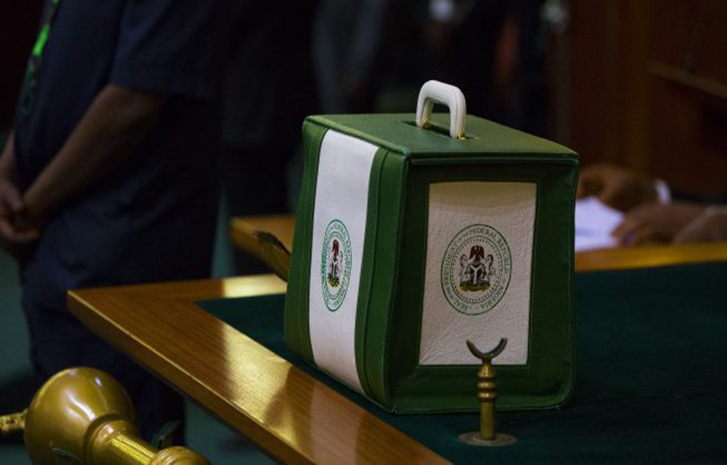
With a deficit of about N11 trillion, the 2023 budget may be difficult to implement, the founder of Nairametrics, Ugo Obi-Chukwu, has said.
Obi-Chukwu, disclosed this in Abuja at the Nigerian Society of Engineers (NSE) quarterly dinner and fellowship conferment lecture. He explained that in the aggregate, 20 per cent of projected revenues are expected to come from oil-related sources while 80 per cent is to be earned from non-oil sources.
He added: “We anticipate more borrowing from the Central Bank as bridge finance via ways and means. Government already secured N4 trillion in 2023 and the National Assembly approved another N1.2 trillion by raising the mandate from five per cent to 15 per cent of prior year revenues.
“Meanwhile, debt service is higher than capital expenditure and this excludes ways and means provisions. The government bond yields will remain high and a disincentive to further borrowings. This is largely due to fiscal concerns around debt services. A further downgrade in country ratings due to increased government borrowing to fund budget deficits – could further impact interest rates.”
As the nation’s debts continue to grow at an alarming rate, he observed that higher budget deficits over the years have increased Nigeria’s debt profile as the government needs to borrow to fund budgetary expenditure.
“Added to rising insecurity and logistics breakdown, there is a spike in inflation rate rising to the highest in nearly two decades. In reaction, the apex bank has raised rates by about 850 basis points in the last year. This has also led to a rise in lending rates across the country. Removal of fuel subsidy is likely to move the inflation rate to between 25-30 per cent by end of the year while the purchasing power of the naira will further erode,” he stated.






